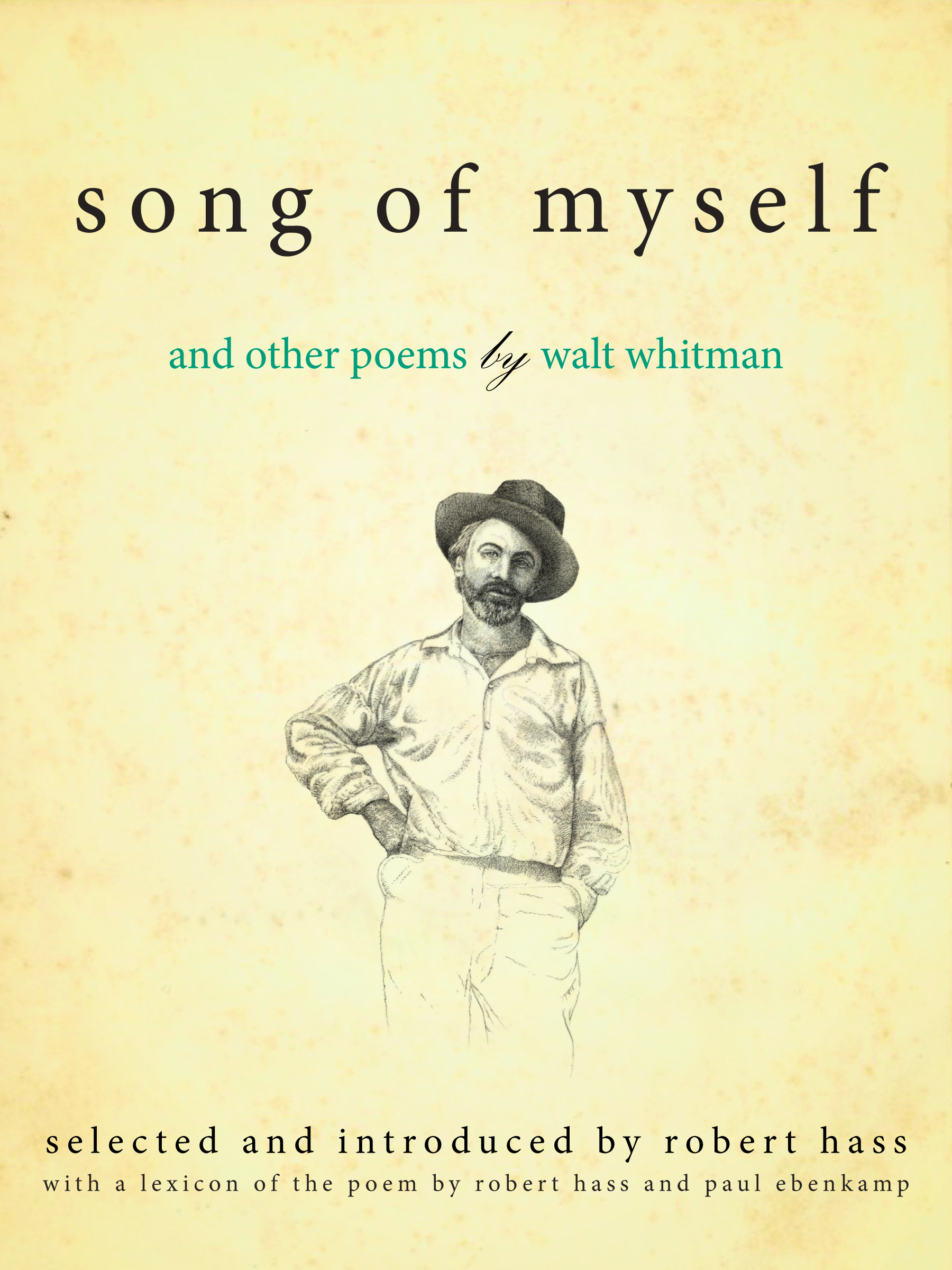

It is one of the most difficult words in the poem to translate, because the second-person pronoun in English is quite promiscuous: “you” is the word we use to address our most intimate lover as well as a total stranger, a single person alone with us in a room or a vast crowd. It is possible to hear the “you” in “Song” as addressed to the entire nation or the entire world, and it is also possible to hear it as intimately addressed only to the individual reader in this particular moment of encounter.

It is in this way that Whitman introduces us to his two main characters, “I” and “you.” This section begins with “I” and ends with “you,” just as the entire “Song of Myself” does the same: we experience the transfer of energy from Whitman’s “I” to the “you” that we as readers learn to inhabit in this poem. The atoms that yesterday composed a living cow or a growing plant today are part of us, as the eternal atoms of the universe continue their nonstop interaction and rearrangement. In the first three lines, he abandons the two main things that separate people, that create animosity, jealousy, and war-beliefs and possessions: “what I assume you shall assume, / For every atom belonging to you as good belongs to me.” At every level of our being, we are incessantly transferring and exchanging materials, ideas, emotions, affections. Throughout the poem, Whitman probes the question of how large the new democratic self can become before it dissipates into contradiction and fragmentation, and each time he seems to reach the limit, he dilates even more. When we come to see just how vast the self can be, what can we do but celebrate it by returning to it again and again?

He sets out to expand the boundaries of the self to include, first, all fellow Americans, then the entire world, and ultimately the cosmos. He “celebrates” that self, and the etymology of the word “celebrate” indicates “to return to” or “to frequent.” The whole poem will be Whitman’s record of the self expanding out into the world, absorbing more and more experience, then contracting back into the self, discovering that he can contain and hold the wild diversity of experience that he keeps encountering on his journeys through the world. Instead of invoking the muse to allow him to sing the epic song of war, rage, and distant journeys, Whitman becomes his own muse, singing himself and announcing that the subject of his epic will be himself. Whitman opens his poem with a conventional iambic pentameter line, as if to suggest the formal openings of the classic epics, before abandoning metrics for a free-flowing line with rhythms that shift and respond to the moment.


 0 kommentar(er)
0 kommentar(er)
